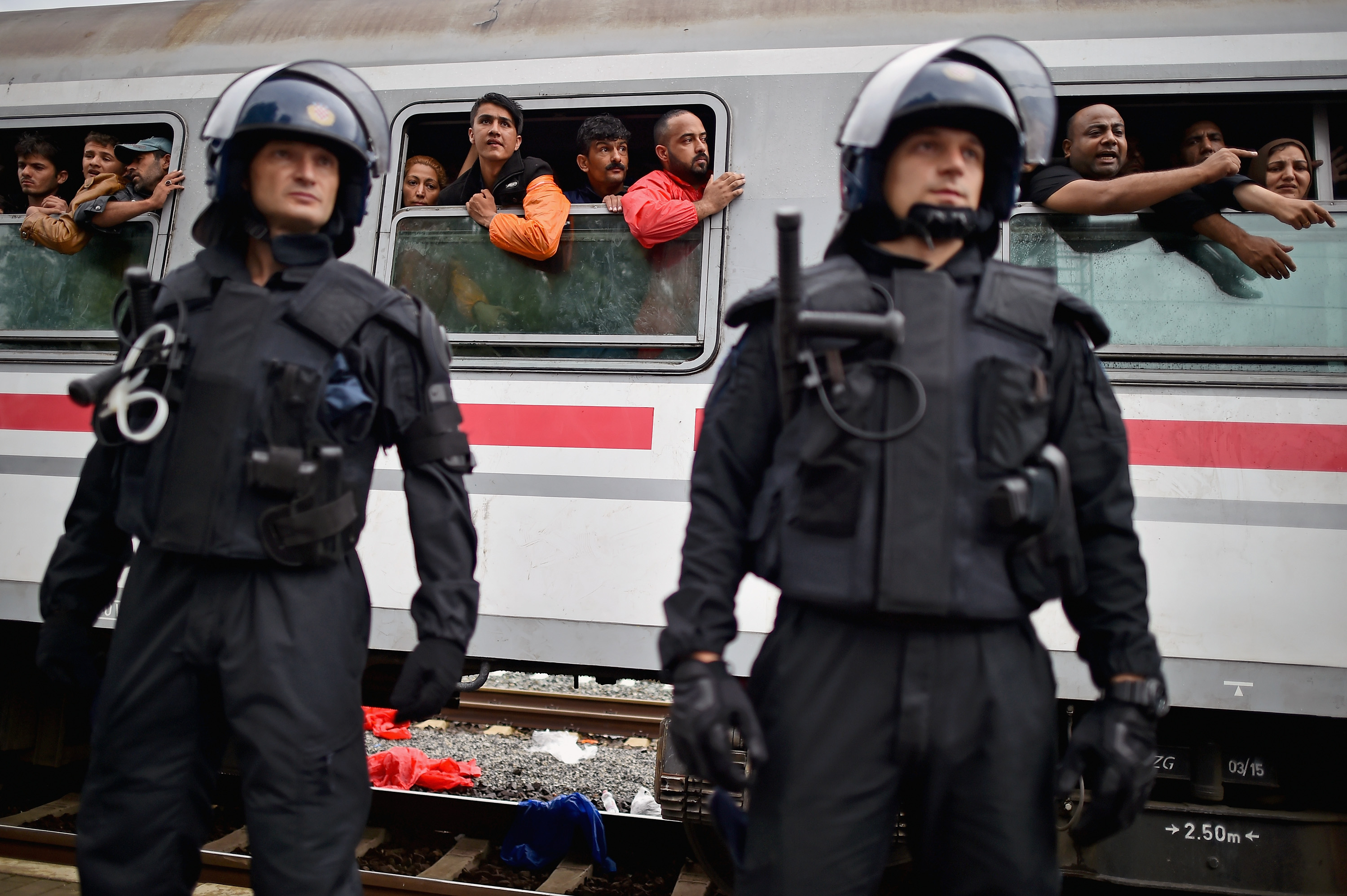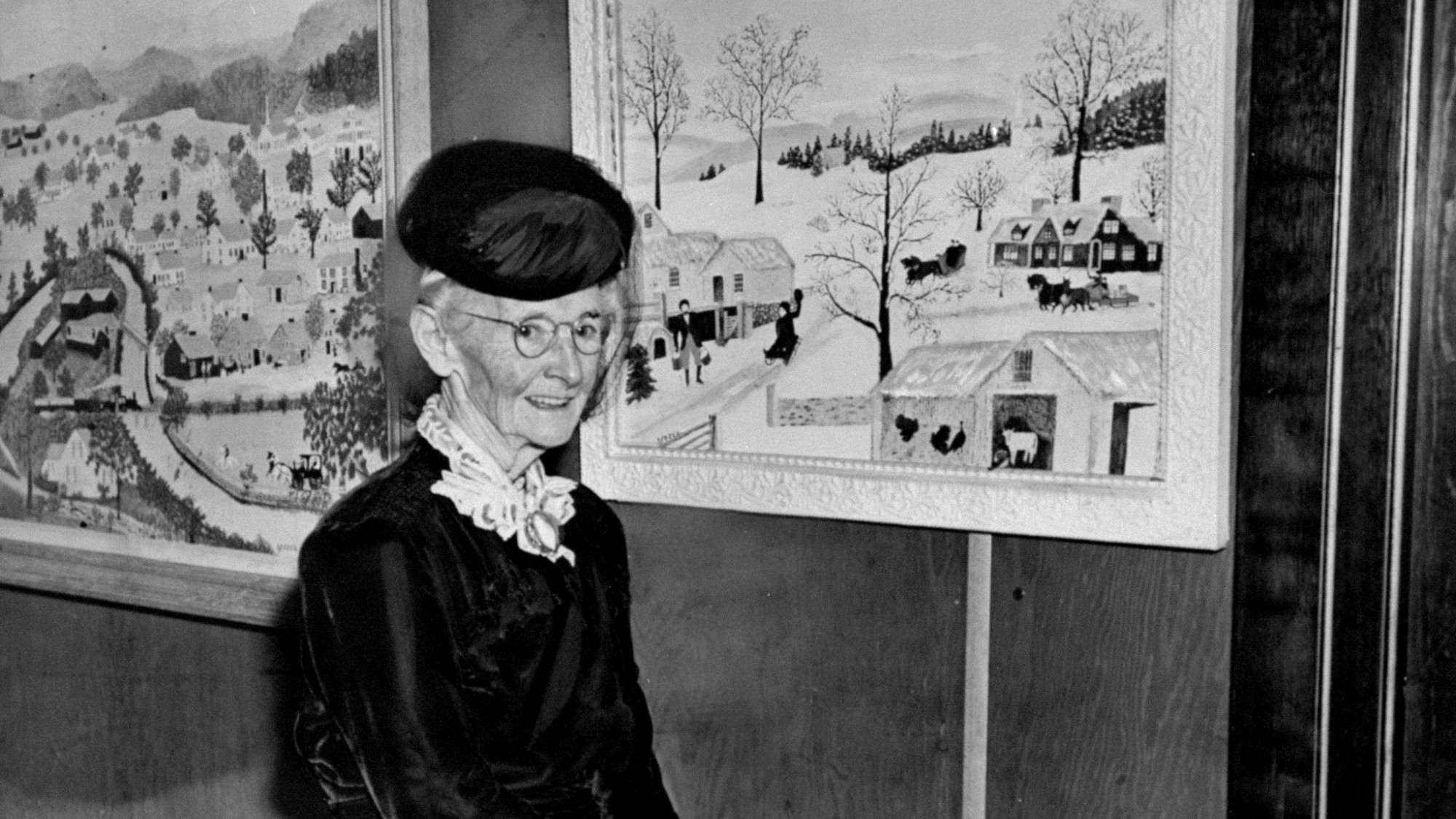Want to solve Europe's jihadi problem? Reform the continent's toxic labor laws.
This would save money and reduce radicalization, in one fell swoop


Only youthful idealists and German philosophers by the name of Immanuel Kant would say that when it comes to justice, cost is no object — that one must do the right thing no matter what the price tag. Sensible adults, on the other hand, understand that if morality is expensive, you'll inevitably get less of it. Providing a homeless man a home may be the right thing to do, but if it means your child has to take out student loans to go to college, not many people will rise to the occasion.
To listen to critics of Europe's massive problem with immigration, assimilation, and radicalization, this same cost dynamic is at play. For instance, in the wake of the Paris and Brussels attacks, National Review's Reihan Salam very justifiably asked whether it is smart for European countries reeling from the price tag of integrating their existing Muslim populations to admit more Muslim refugees. In a recent Slate piece, he suggests that it is not. This line of argument is perfectly reasonable. Except that it misses the point entirely.
Let's back up. The Paris and Brussels attacks are particularly troubling because of the deep involvement by Muslims who were either born or brought up on European soil. Investigations since have revealed that ISIS sympathizers among local Muslim populations have formed alliances with organized crime to form jihadi networks. Why has this happened?
The Week
Escape your echo chamber. Get the facts behind the news, plus analysis from multiple perspectives.

Sign up for The Week's Free Newsletters
From our morning news briefing to a weekly Good News Newsletter, get the best of The Week delivered directly to your inbox.
From our morning news briefing to a weekly Good News Newsletter, get the best of The Week delivered directly to your inbox.
The standard explanation is that Europe has admitted more Muslims than it can afford to integrate. Muslims constitute less than 1 percent of America's population, but 6 percent of Belgium's, 7.5 percent of France's, 5 percent of Germany's, and 4.6 percent of England's. Integrating foreigners is neither easy nor cheap. It requires intensely targeted services — linguistic, educational, placement, transportation, and policing — to ease their transition. Sweden, Salam notes, spends more than 1 percent of its GDP on settling its refugee population. Failure to spend money on integration means consigning these refugees to segregated Muslim ghettos or banlieues without jobs and without prospects — other than their monthly welfare check — where they become sitting ducks for radicalization.
This narrative sounds plausible. But the counter-intuitive truth is that when it comes to social programs for integrating immigrants — Muslims or anyone else — less is more.
Immigrants don't need job programs. They need jobs. And, for a variety of reasons, Europe provides much more of the first and America much more of the second. Europe has an army of social workers in various NGOs whose job is to prepare immigrants for jobs. Not so much in America, which may be partially why America has a far better assimilation track record than Europe.
Jobs offer immigrants not just a paycheck, but also an entry into their new society, providing them with both the means and motive to learn its language and customs, all of which eliminates the need for formal programs. What is striking in any conversation with Syrian refugees in America is just how ready and willing they are to take just about any job, no matter how lowly or arduous. One Syrian refugee who found an entry-level position in a Walmart in Minnesota walked three miles just for his interview.
A free daily email with the biggest news stories of the day – and the best features from TheWeek.com
Yet many European countries have gone out of their way to deny or severely limit job opportunities for asylum seekers and refugees. Until a few years ago, most European Union countries prohibited asylum seekers from any employment until their application was processed, which could take years. Even now, Cato Institute's Alex Nowrasteh points out, Germany legally bars them from working for the first three months, Italy six, France nine, and England an entire year. Many countries, including Germany, restrict their employment to "shortage" sectors — and some even ban self-employment.
All of this, a 2007 report by EQUAL, an arm of the European Commission, concluded, "creates a situation of dependence where asylum seekers are forced to rely on state welfare or support from other organizations (e.g. NGOs), which also means high cost to the host country. This can contribute to negative public opinion towards asylum seekers and discrimination against them."
Even after refugees obtain work permits, their upward mobility is greatly restricted in Europe, thanks to the exceedingly rigid labor market in many countries. The unemployment rates of France and Belgium are nearly twice that of the United States. This dismal job market affects immigrants much more than the native born, thanks to Europe's tough minimum wage laws and other labor regulations that protect incumbents at the cost of newcomers.
Minimum wage laws mean that low-skilled immigrants who lack the linguistic skills and cultural knowledge of natives can't capitalize on the one advantage they can offer employers: cheaper labor. Belgium has among the highest minimum wage laws in Europe, and also the worst unemployment rates for immigrants (29.3 percent) and their children (27.9 percent).
Europe's tough hiring-and-firing provisions, demanded by labor unions, are poison for immigrants. Why? Because immigrants inevitably involve more risk and uncertainty than natives, and if employers can't fire them, notes George Mason University's Alex Tabarrok, they won't hire them either. It is not surprising that Muslims in France, which has some of the most protective labor laws in the industrialized world, are two-and-a-half times less likely to receive job interviews than non-Muslims.
All of this naturally breeds a feeling of systematic exclusion among European Muslims even if these laws didn't intend to discriminate. But new immigrants are less resentful compared to their children because they have their native countries as a reference point, notes UCLA's Susan Plann, an expert on Moroccan immigration to Europe. Despite the "discrimination," they appreciate the greater human rights protections, the lack of public corruption, and the relative restraint of the police in their adopted country. "The second generation, however, has no point of comparison and can see only the rejection and ghettoization," she notes.
In short, the growing radicalization of Muslims may be a distress response to the broader economic malaise in European countries — not inadequate spending on assimilation programs. Europe needs to deal with its toxic labor laws and curtail its spending on integration programs. That would dramatically improve results — and cost less money to boot.
Still, one could argue that until these laws are fixed, it makes sense for Europe to not compound its "Muslim problem" by letting in more refugees. But walling off Europe may have even more serious repercussions.
If ISIS is a menace, imagine what might happen when its young Syrian victims, crammed into camps in Jordan, Lebanon, and Turkey, without education or prospects, come of age and realize that they were abandoned there by the same Western powers whose misbegotten Iraqi adventure created this horrible mess in the first place? Will they meekly accept their fate or will they seek revenge, especially given how little they'll have to lose?
Preventing such an outcome means welcoming as many of these refugees as possible. This is strongly in the West's interest. The notion that it can seal itself into safety is simplistic, to say the least. Doing the right thing, in this case, may also be the prudent thing.
Shikha Dalmia is a visiting fellow at the Mercatus Center at George Mason University studying the rise of populist authoritarianism. She is a Bloomberg View contributor and a columnist at the Washington Examiner, and she also writes regularly for The New York Times, USA Today, The Wall Street Journal, and numerous other publications. She considers herself to be a progressive libertarian and an agnostic with Buddhist longings and a Sufi soul.
-
 How music can help recovery from surgery
How music can help recovery from surgeryUnder The Radar A ‘few gentle notes’ can make a difference to the body during medical procedures
-
 Nursing is no longer considered a professional degree by the Department of Education
Nursing is no longer considered a professional degree by the Department of EducationThe Explainer An already strained industry is hit with another blow
-
 6 gripping museum exhibitions to view this winter
6 gripping museum exhibitions to view this winterThe Week Recommends Discover the real Grandma Moses and Frida Kahlo
-
 Brazil’s Bolsonaro behind bars after appeals run out
Brazil’s Bolsonaro behind bars after appeals run outSpeed Read He will serve 27 years in prison
-
 Americans traveling abroad face renewed criticism in the Trump era
Americans traveling abroad face renewed criticism in the Trump eraThe Explainer Some of Trump’s behavior has Americans being questioned
-
 Nigeria confused by Trump invasion threat
Nigeria confused by Trump invasion threatSpeed Read Trump has claimed the country is persecuting Christians
-
 Sanae Takaichi: Japan’s Iron Lady set to be the country’s first woman prime minister
Sanae Takaichi: Japan’s Iron Lady set to be the country’s first woman prime ministerIn the Spotlight Takaichi is a member of Japan’s conservative, nationalist Liberal Democratic Party
-
 Russia is ‘helping China’ prepare for an invasion of Taiwan
Russia is ‘helping China’ prepare for an invasion of TaiwanIn the Spotlight Russia is reportedly allowing China access to military training
-
 Interpol arrests hundreds in Africa-wide sextortion crackdown
Interpol arrests hundreds in Africa-wide sextortion crackdownIN THE SPOTLIGHT A series of stings disrupts major cybercrime operations as law enforcement estimates millions in losses from schemes designed to prey on lonely users
-
 China is silently expanding its influence in American cities
China is silently expanding its influence in American citiesUnder the Radar New York City and San Francisco, among others, have reportedly been targeted
-
 How China uses 'dark fleets' to circumvent trade sanctions
How China uses 'dark fleets' to circumvent trade sanctionsThe Explainer The fleets are used to smuggle goods like oil and fish
